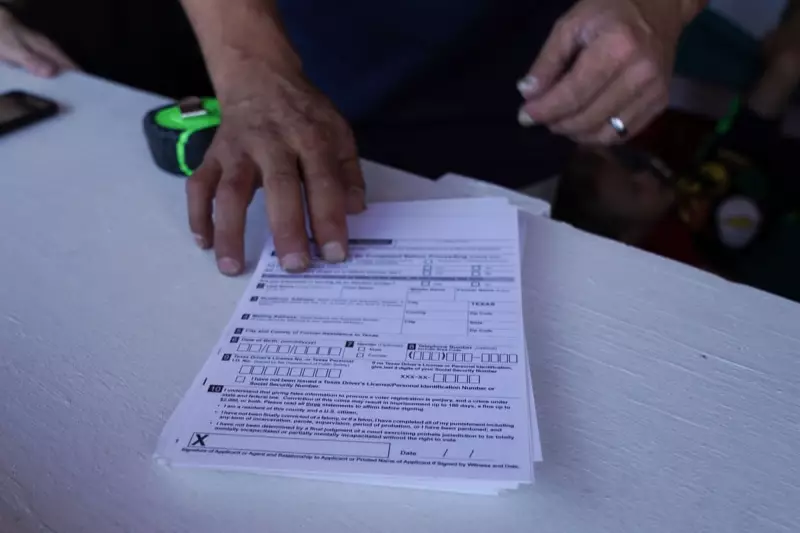
In a landmark ruling that could significantly impact the upcoming presidential election, a federal judge has forcefully rejected Donald Trump's campaign demand for voters to provide proof of citizenship at polling stations.
Judicial Rebuke for Trump Campaign
US District Judge John G. Koeltl delivered a scathing assessment of the Trump campaign's legal push, stating the move represented "a solution in search of a problem" that threatened to disenfranchise countless eligible American voters.
The ruling comes as a major setback for Trump's election strategy, which had sought to implement stringent citizenship verification requirements that voting rights advocates argued would create unnecessary barriers for millions of legitimate voters.
The Legal Battle Explained
The Trump campaign's lawsuit targeted the District of Columbia and its election board, demanding they implement citizenship documentation checks. However, Judge Koeltl firmly dismissed these demands, highlighting several critical points:
- No evidence exists of widespread non-citizen voting that would justify such extreme measures
- The proposed requirements would disproportionately affect naturalised citizens and minority communities
- Existing safeguards already effectively prevent non-citizens from voting in federal elections
Wider Implications for 2024 Election
This ruling represents more than just a single legal defeat for the former president. Legal experts suggest it could influence similar challenges in other states and set an important precedent for how courts handle voting restriction attempts.
"This decision protects the fundamental right of every eligible American to participate in our democracy without facing unnecessary bureaucratic hurdles," explained a constitutional law professor following the case.
Historical Context of Voting Rights Battles
The current legal fight echoes decades of struggle over voting access in the United States. Throughout American history, various groups have faced—and overcome—similar attempts to restrict their voting rights through documentation requirements and other barriers.
This latest ruling reinforces the judiciary's role as a crucial check on attempts to limit voter participation, particularly when such efforts lack substantial evidence of the problems they claim to solve.
As the 2024 election approaches, this decision stands as a significant victory for voting rights organisations and a clear message that unsubstantiated claims of election fraud cannot justify measures that would prevent legitimate voters from casting their ballots.





